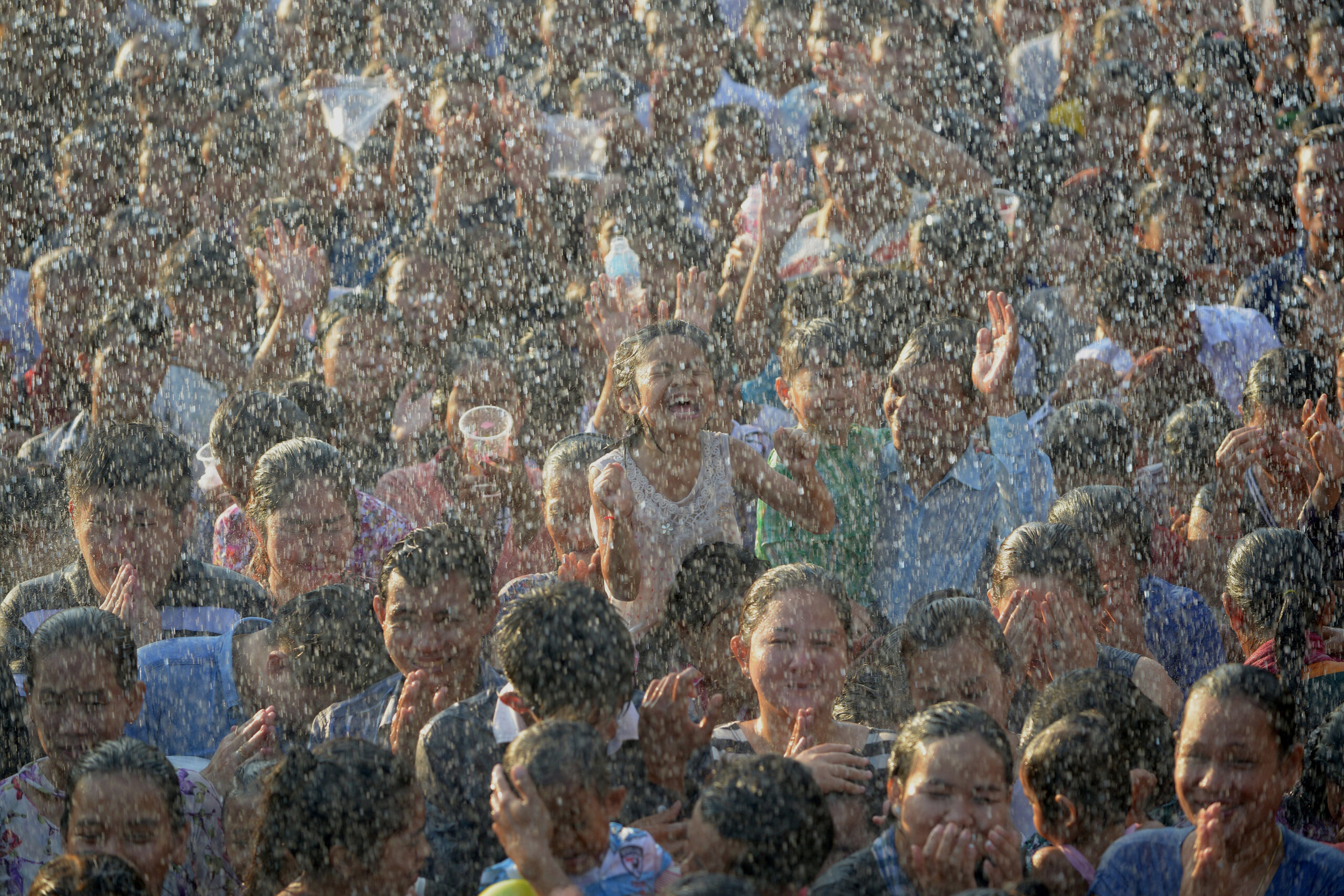Another solar new year has arrived in Southeast Asia and millions of people are celebrating with three or more days of solemn ceremonies and uplifting gatherings, although the traditional water games will have dried up in many areas.
The turning of the solar calendar, known in Cambodia as Khmer New Year or Sangkranta, and in Thailand, Laos and parts of Vietnam as Sangkor or Songkran, marks the end of the harvest period and the beginning of Southeast Asia’s famous (or infamous) rainy season.
Unfortunately not all celebrations are equal and in Myanmar the ongoing public repression by the military junta that took power in February 2021 is undoubtedly restricting the scope of the country’s new year holiday, known as Thingyan.
Myanmar news outlet The Irrawaddy reported that following a Covid cancellation in 2020 and a halt to public activity shortly after the 2021 coup, the junta was trying to show a face of normality this year by reviving Thingyan with government-approved dance shows and public pavilions. But some performers said they refused to participate amid continuing violence and arrests of dissidents. The Frontier Manipur, a news outlet in Northeast India on the Myanmar border, reported social media backlash against a decision by Manipur University’s Centre of Myanmar Studies to host a Thingyan celebration in spite of continued human rights abuses.
In each country celebrating the solar new year, including China, India and Sri Lanka, cleansing is a shared theme and water is present in many of the holiday’s rituals such as symbolically cleansing statues of the Buddha or pouring or spraying water on others, as well as various games for all ages.
Cambodia’s Prime Minister Hun Sen announced the country will enjoy the new year without restrictions from 14 April through 16 April, following the cancellation of festivities in 2020 and worker time off without public events in 2021 due to the pandemic.
The spectre of Covid-19 continues to loom in Laos, which also cancelled the holiday in 2020 and scaled back celebrations the following year. Media reports from Laos this year said the holiday will be celebrated from 14 to 16 April, but authorities were expected to prohibit traditional water festivals or public water play such as splashing or water guns, instead encouraging celebrations at home to stem the spread of the omicron variant.
The Tourism Authority of Thailand announced a full schedule of Songkran events beginning before and continuing beyond the official holiday from 13 to 15 April, Thailand Business News reported. In keeping with the health restrictions of the past two years, however, the government banned water play including hose spraying, bucket dousing and foam parties, according to online news outlet Thaiger.
Southeast Asia Globe has decided to join the celebration with a long weekend for staff members. We also are spreading the spirit of the new year beyond our Phnom Penh office by extending a special subscription offer to new readers.
Globe memberships are now available for $28 for the first year, down from the normal annual cost of $70. The offer is available through the weekend, ending when the clock runs out on Sunday 17 April.
Even as we take a short break, we want to ensure our subscribers and site visitors have a fresh helping of Globe stories. Today we have a selection of some of our favourite past stories highlighting the region’s unique cultures.
Regardless of whether or how you celebrate the holiday, take some time to enjoy today’s feature stories. And if you are new to Globe, please consider a membership to help us continue providing journalism focused on a more informed, inclusive and sustainable future.
Meet Vietnam’s bobsledders, the country’s most unlikely sports team

A team of bobsledders training to make a bid to the winter Olympics formed one of the most unusual athletic squads from Vietnam in May 2021, Globe reporter Govi Snell explained.
Flying high: meet the first female commercial pilot trained in Laos
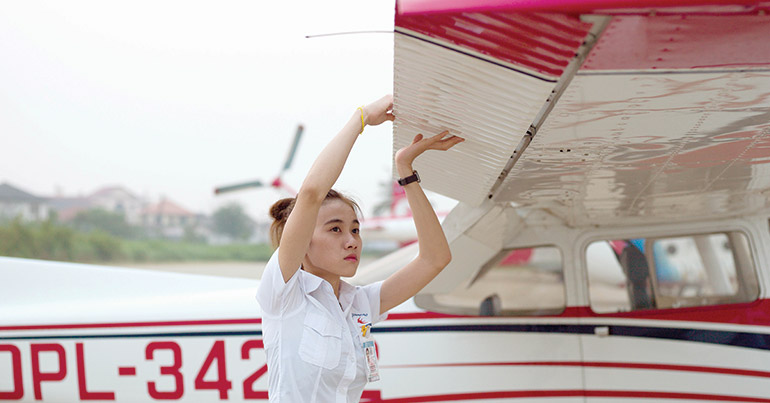
Globe journalist Logan Connor spoke in 2017 with Phinanong Leusasinh, the first Laotian female commercial pilot, about her long-held flight ambitions, the certification process and the trials of working in an industry dominated by men.
Huddled together: Keeping Thailand’s independent cinema alive
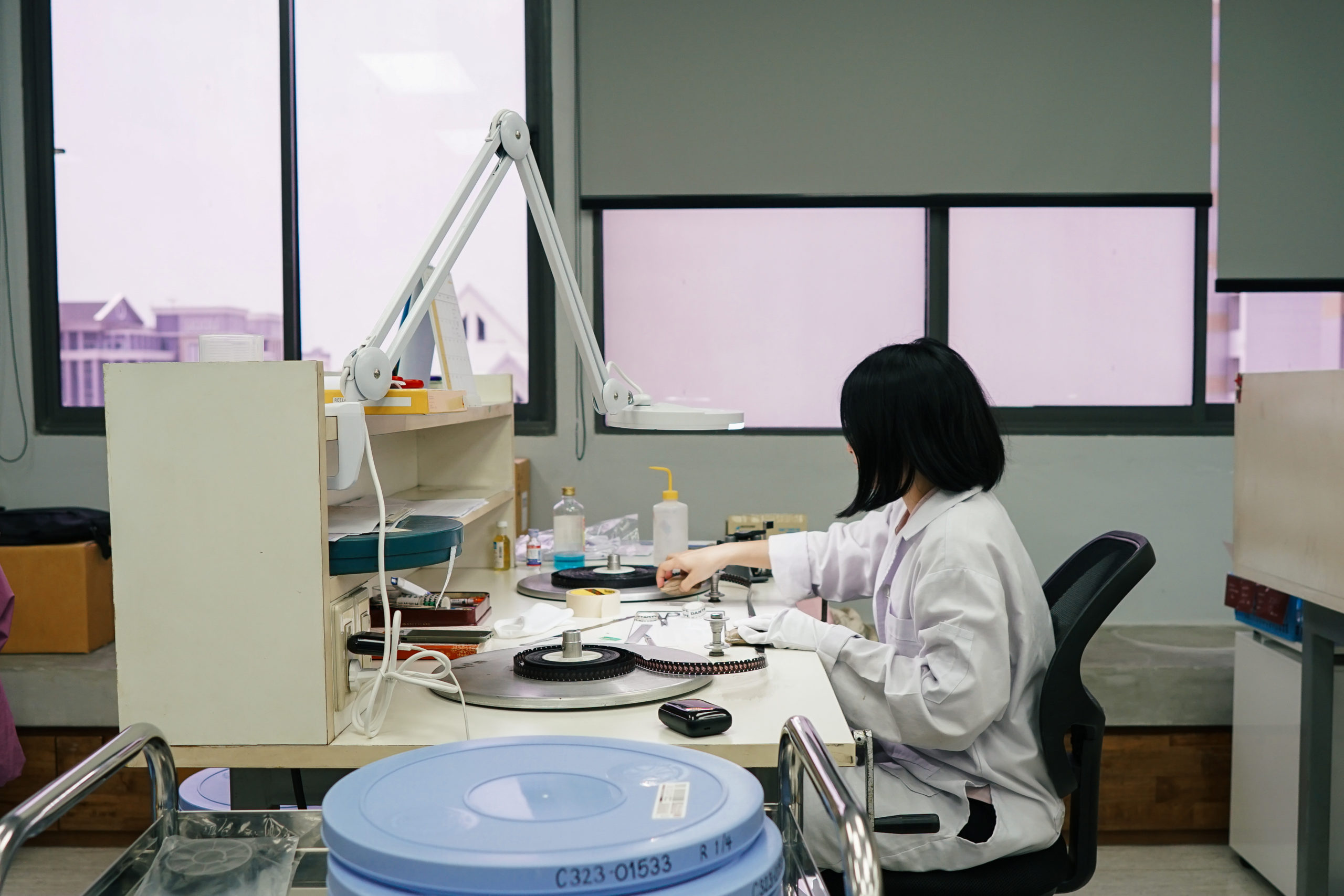
Thailand’s independent filmmakers interviewed by contributor Wanpen Pajai discussed their struggles in 2021 with the pandemic and the growing domination of corporate cineplexes.
Luxury Strand Cruise gives fine taste of Myanmar’s culture
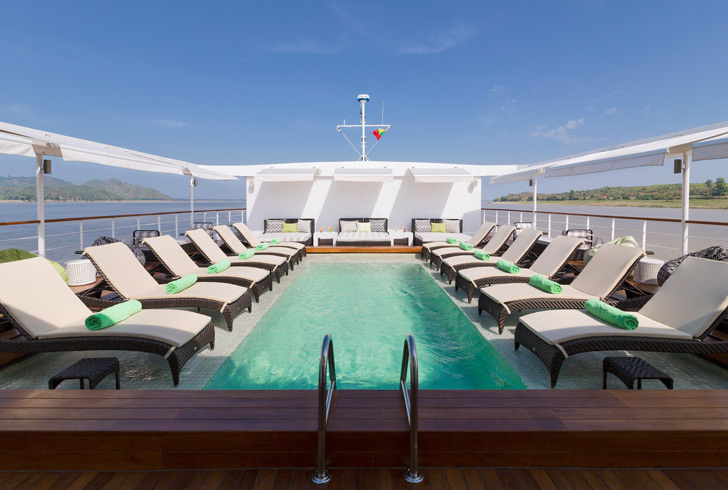
A cruise down Myanmar’s Irrawaddy River in 2016 offered unique views of the country’s landscape and cultural gems while travelling on a ship meeting the standards of many luxurious hotels, Holly Robertson reported.
Indonesia’s last nomads: The trials of the Suku Anak Dalam indigenous
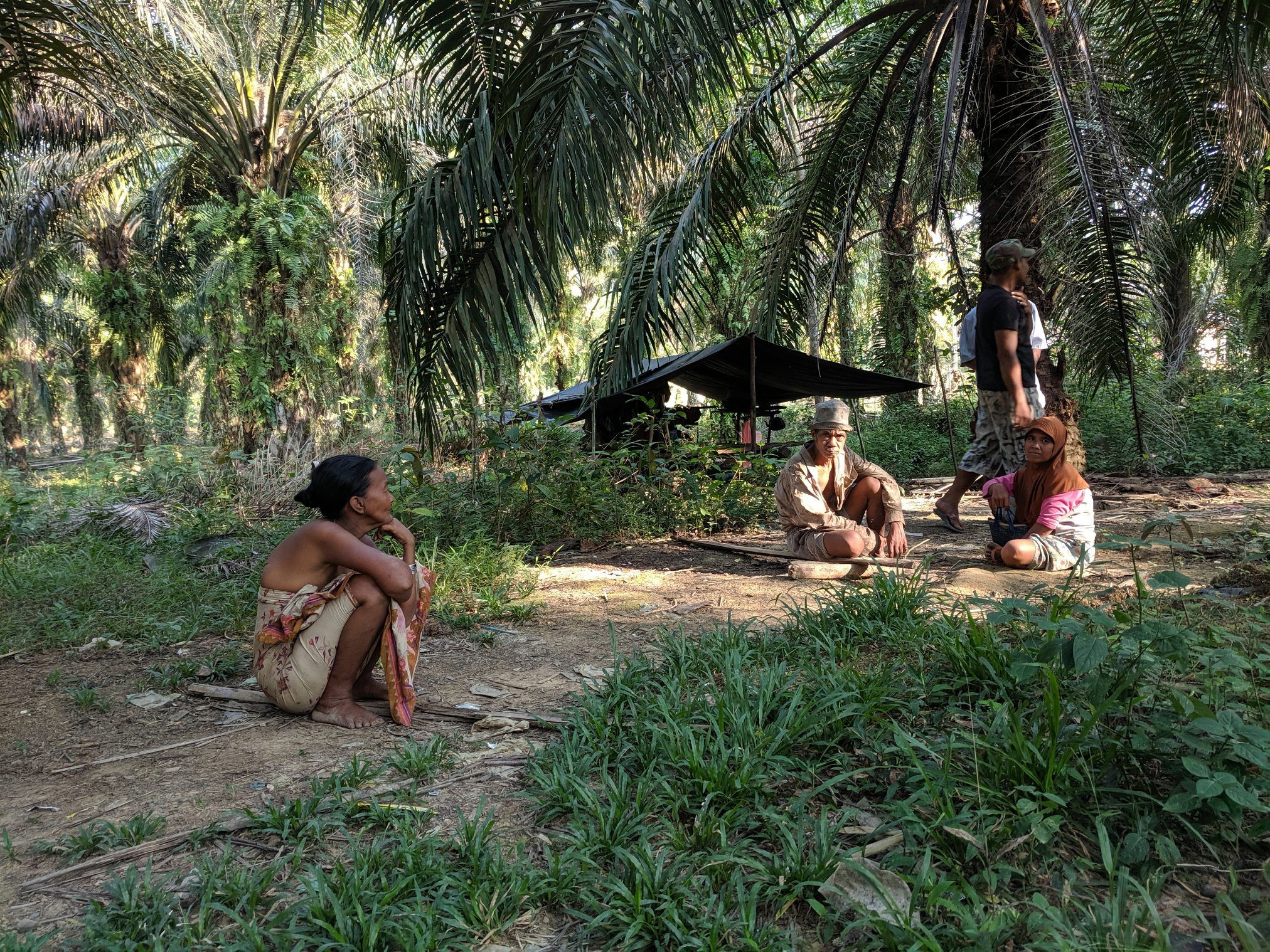
Roaming the forests of Indonesia, the Suku Anak Dalam people represented the last of Indonesia’s nomadic groups. But Anggita Paramesti reported in 2020 that the country’s rapid modernisation threatened their hunter-gatherer lifestyle.
Timor-Leste: ‘Why don’t we like eating the food we grow?’
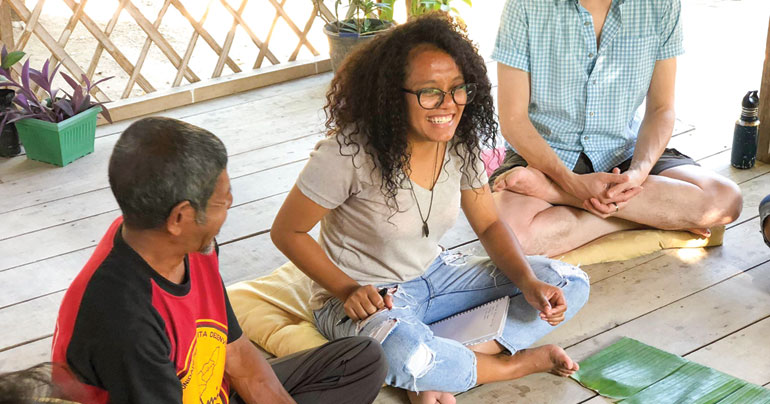
A large number of Timor-Leste households existed between subsistence and aspiring commercial farming in November 2018. Southeast Asia Globe looked at how the nation attempted to use food, nutrition and agriculture to propel the population out of poverty.
Reviving Malaysia’s traditional puppetry
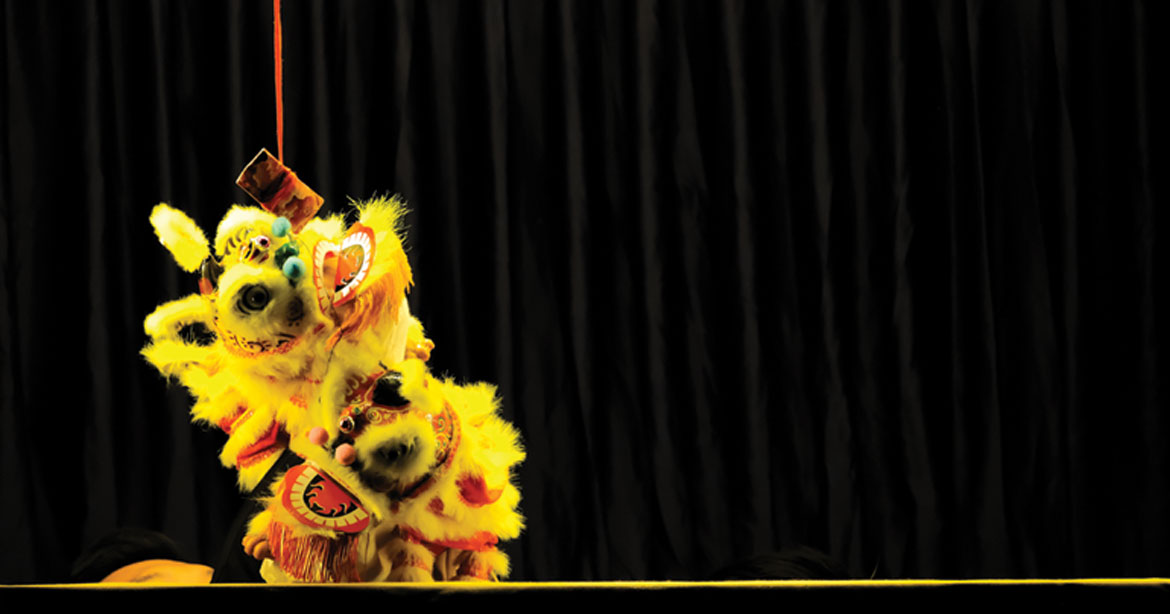
Traditional potehi puppet theatre performed in Malaysia’s Penang Hokkien language enjoyed a revival in 2018 thanks to the Ombak Potehi group, a puppetry project of the Penang-based Ombak-Ombak ARTStudio, Marco Ferrarese reported for Globe.
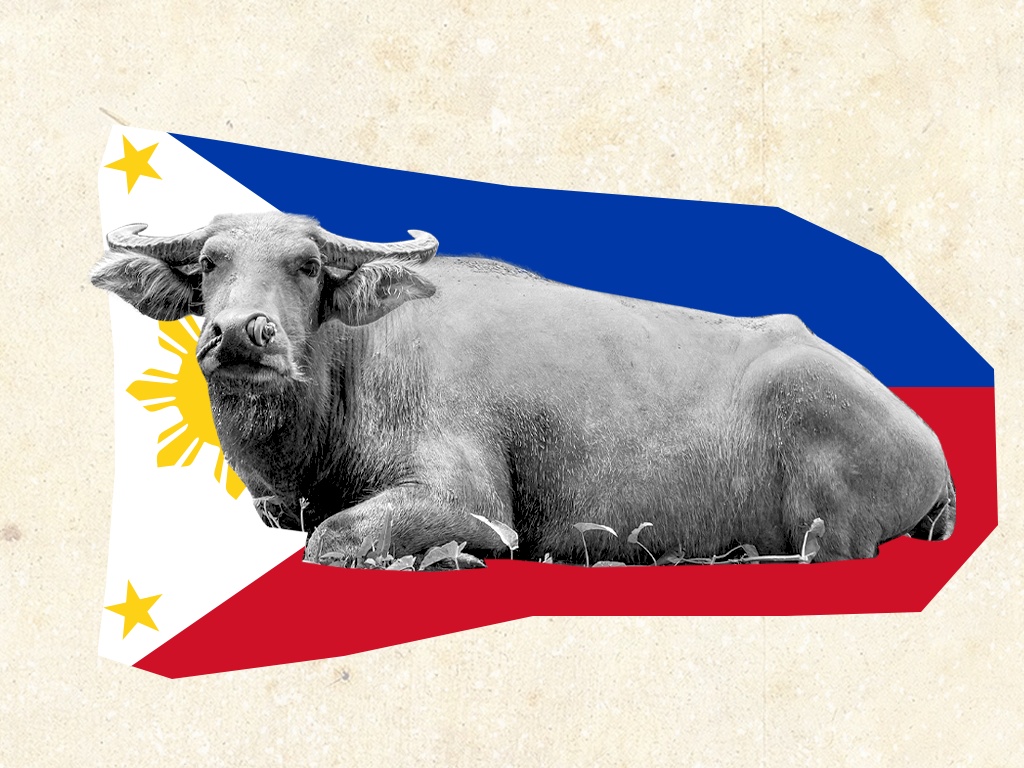
Southeast Asia Globe was proud to produce a series of articles in February highlighting endangered species from each of the region’s 11 nations to celebrate World Wildlife Day. Reporter and series project leader Anton L. Delgado wrote about the Carabao, a prized water buffalo native to the Philippines.
A minority within minorities: Growing up as an African-Singaporean
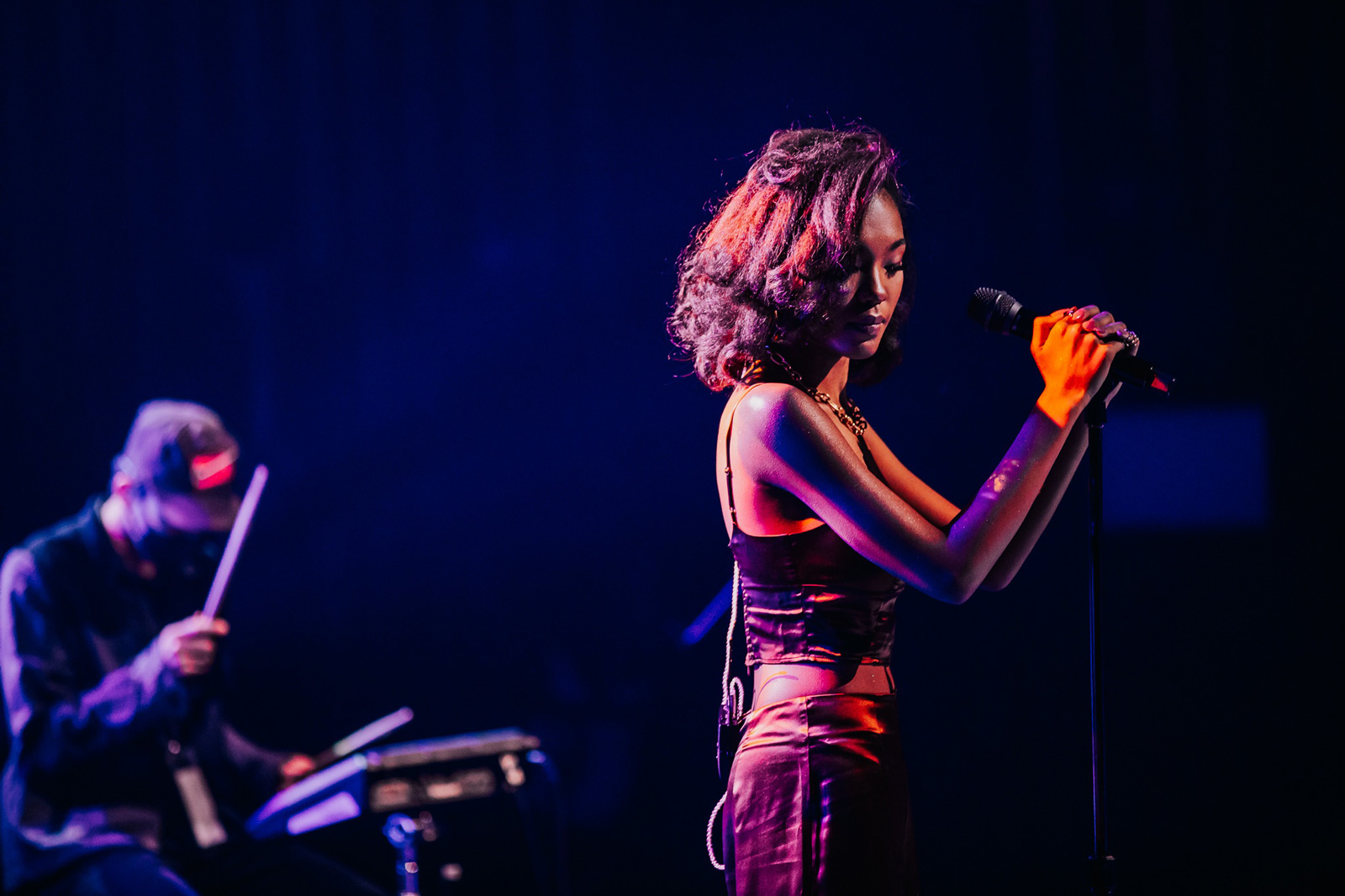
Among Singapore’s diverse population, there are many mixed-race residents. Ashley Tan wrote in 2020 about the experience and challenges of natives of the city-state with African heritage who do not fit the traditional cultural mould.
Brunei blogger: ‘Write not for the fame, but for the love of sharing good food’
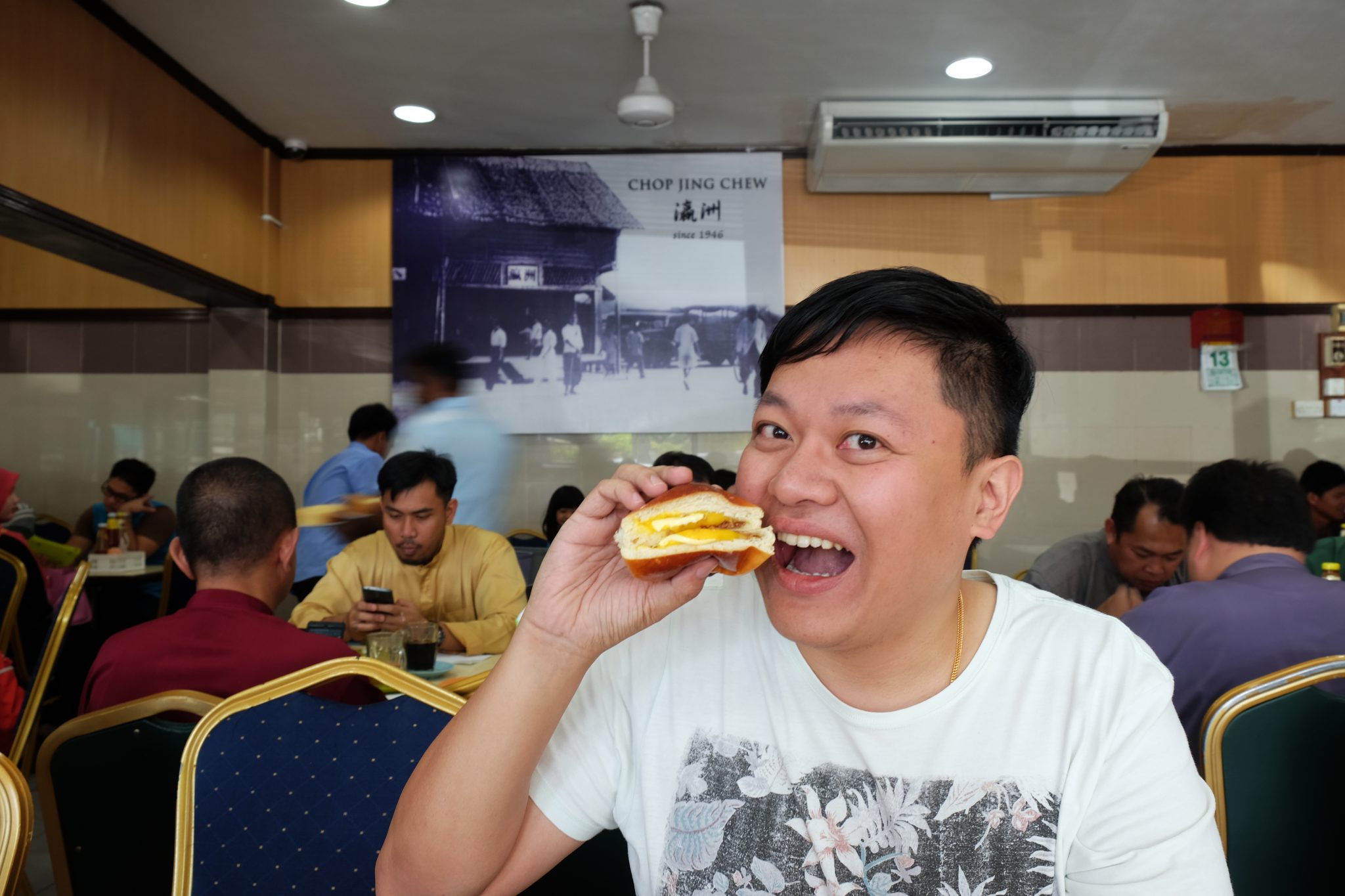
Thanis Lim was a renowned chef and the top food blogger from Brunei in 2018 when he spoke to Globe about his love of Borneo-style cooking, Brunei’s diverse restaurant choices, some favourite dishes and his advice for aspiring bloggers.
Tongue-Tied: Cambodia’s native language under pressure from English
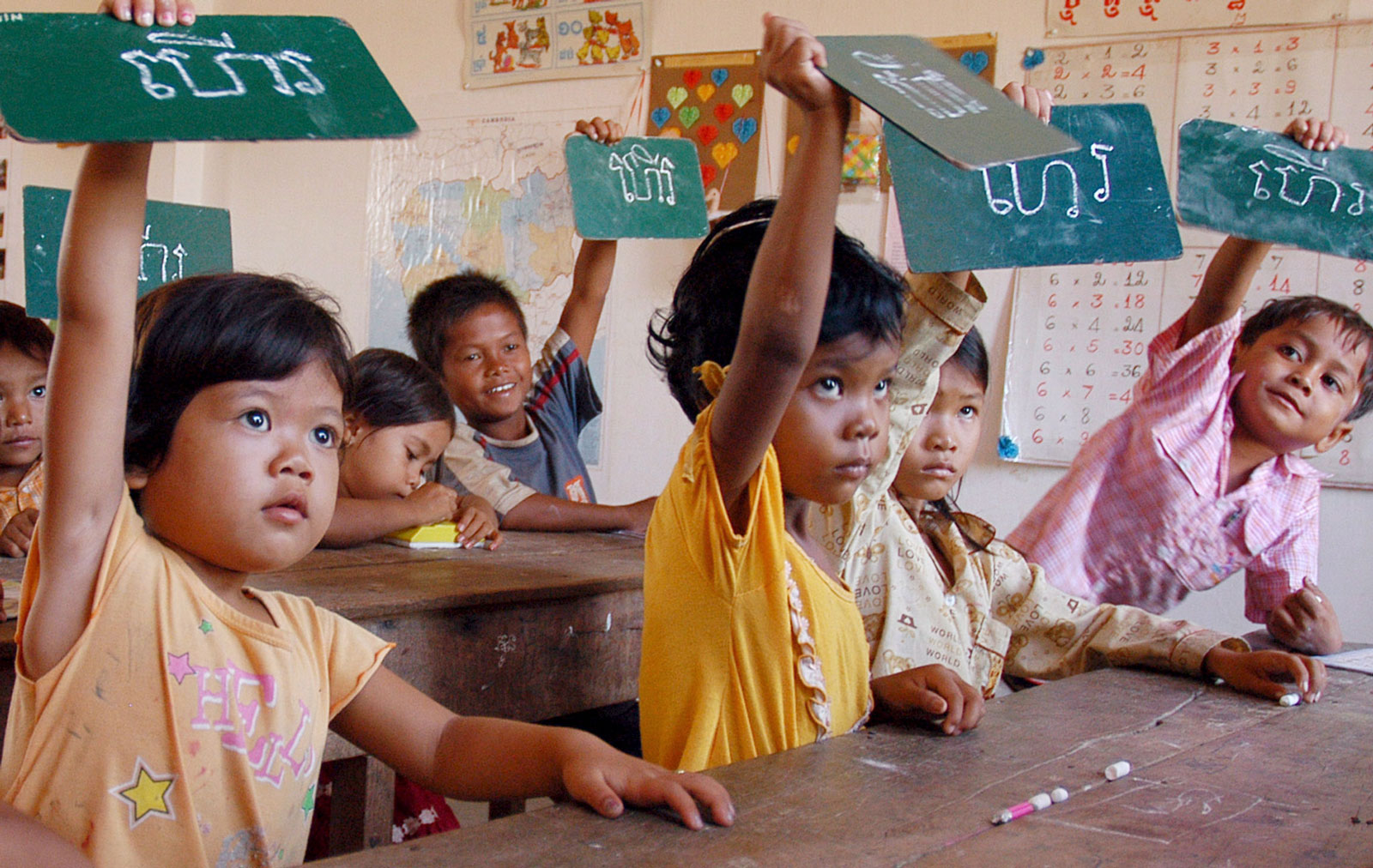
Speakers of Cambodia’s national language, Khmer, faced the challenge of translating the rapidly developing English lexicon in 2019. Simon Roughneen described the linguistic difficulties presented online and in everyday life.
